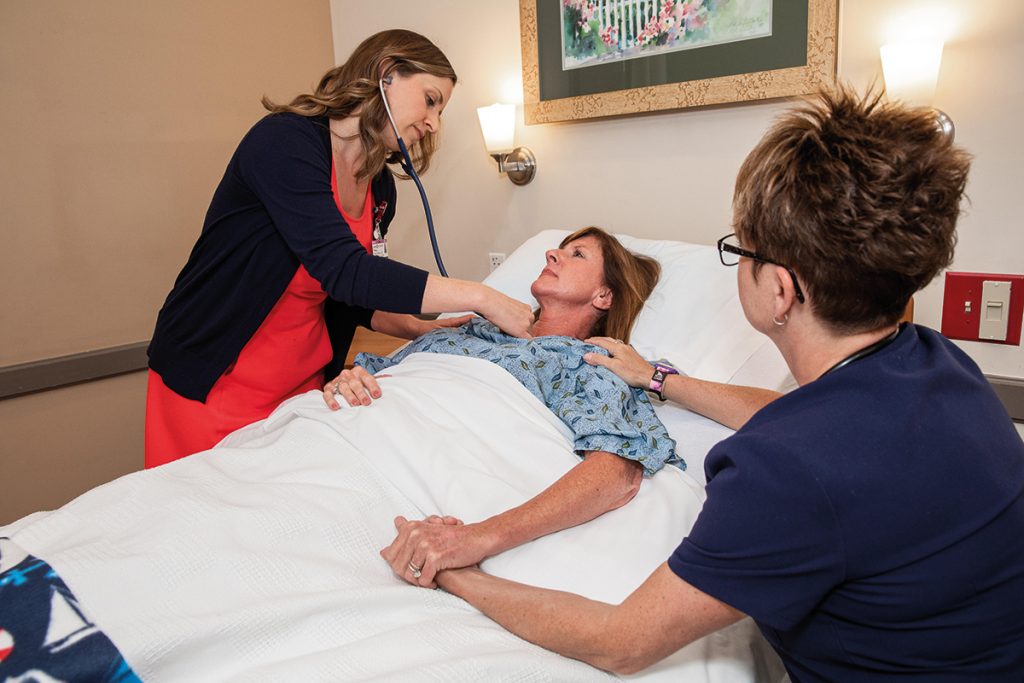
Dr Simon Hodes and Dr Ben Eliad discuss issues with end-of-life care, including do-not-resuscitate decisions
During the pandemic, instructions were sent to healthcare organisations to ensure that advance care planning was in place for at-risk patients, including Do Not Attempt Cardiopulmonary Resuscitation (DNACPR) forms for those who wanted them. This was timely. The charity Compassion in Dying saw the proportion of callers to its information line on DNACPR more than double in 2020,1 with most people expressing the preference for refusing CPR should they become seriously ill.
However, a number of DNACPR decisions may have been made in haste, without the normal levels of discussions – and in some cases as a blanket decision on the sole basis of age, or living with a learning or physical disability. The CQC’s report Protect, Respect and Connect2 found evidence to suggest that more than 500 DNACPR decisions made since March 2020 may not have been properly discussed with the person or their family. Compassion in Dying also identified many issues with poor communication and decision-making in DNACPRs, which predated the pandemic and were exacerbated by it.
This can provide valuable lessons to GPs. Making a DNACPR decision without consulting the patient or their family is not only unlawful, but is damaging to the doctor-patient relationship and the public’s wider trust in the medical establishment. Ideally, we should discuss the options for advance care planning well in advance of any need, so that patients’ wishes can be recorded in a clear manner while they are in relatively good health and have full mental capacity. When done well, these discussions are comforting to patients and families, and are fundamental to end-of-life planning.
Key learning points
- To have capacity, a person must be able to understand, retain, weigh up and communicate their decision
- A DNACPR decision is made by clinicians and does not require a patient’s consent. However, clinicians are normally required to discuss and explain the decision to the patient or their family or advocate
- Be aware of wider advance care planning tools, including advance decisions and health LPOAs, as well as DNACPR and ReSPECT, and that patients may also want to plan for situations after death, including funeral plans, and financial issues
- Conduct sensitive conversations with patients and their loved ones in careful, protected environments, and translate these into clear action plans
Click here to read the full article and download your certificate for 1.5 CPD hours towards revalidation.
Not a Pulse Learning member? Click here to join and gain access to over 400 CPD modules
















